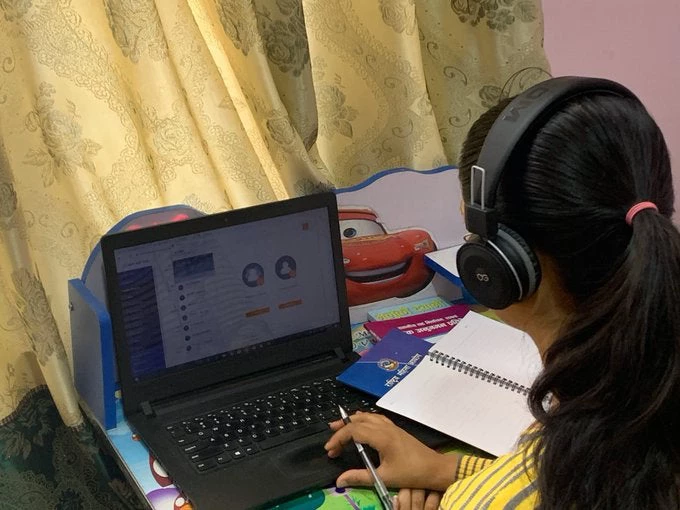
The dialogue took place in late 1990s, when both Maoists and the state committed human rights abuses in Nepal, a country on the top of the world, where caste, ethnicity, gender status and regional disparities have largely determined inequality. Social exclusion fostered state fragility, a Maoist rebellion, and a civil war that lasted for ten years (1996-2006).
After an unpopular royal coup in February 2005, the international community put pressure on the government to accept international monitoring under the UN Office of the High Commissioner for Human Rights. The monitoring created the space for peaceful political protest and, in April 2006, the King restored Parliament. Civil war came to an end with elections and the declaration of the Federal Republic of Nepal in May 2008.
The good news from the home of Everest and Annapurna is the curb on violations of human rights since then. Work has begun to support poor and excluded groups to articulate their needs and views and to promote new political leaders and voices.
The bad news is that the underlying problem of social exclusion and inequality along with the lack of effective service delivery remain largely unaddressed.
 Yet, despite political fragility, the economic situation in Nepal appears to be by and large stable. Nonetheless, loose monetary policy may have contributed to two digit inflation rates, driven mostly by food prices increases and fiscal slippage could undermine macroeconomic stability. At the same time, structural reforms and infrastructure investment continue to be crucial in making Nepal competitive.
Yet, despite political fragility, the economic situation in Nepal appears to be by and large stable. Nonetheless, loose monetary policy may have contributed to two digit inflation rates, driven mostly by food prices increases and fiscal slippage could undermine macroeconomic stability. At the same time, structural reforms and infrastructure investment continue to be crucial in making Nepal competitive.
The challenge is to sustain growth and create jobs to reduce the risk of conflict from recurring, while at the same time ensuring that this growth and accompanying opportunities it generates are inclusive for all. Which initiatives would you suggest to the Nepali government to boost employment opportunities? Public works (in the repair and refurbishment of dwellings, feeder roads, and small-scale irrigation schemes)? Employment service centers (to facilitate information and training)? Business promotion? Let me hear your voice.


Join the Conversation